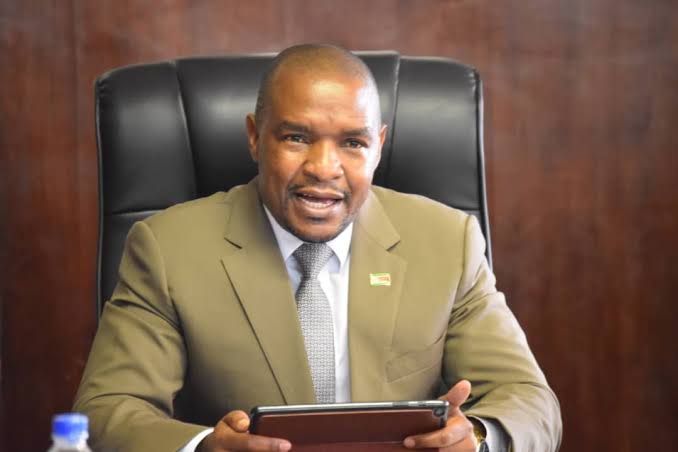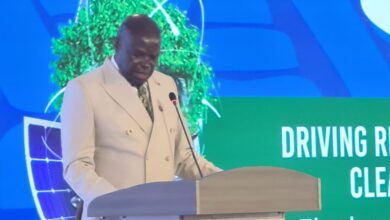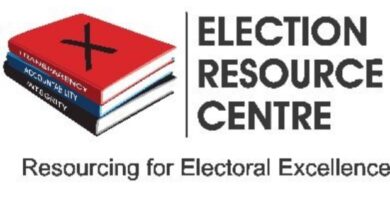Government Prioritises Infrastructure Development To Drive Economic Growth

Buhlebenkosi Nkomo
Zimbabwe’s Minister of Transport and Infrastructural Development, Honorable Advocate Felix Mhona, has reaffirmed the government’s commitment to infrastructure development as a key driver of economic growth and poverty reduction.
Speaking at the official opening of the Third Edition of the Africa Infrastructure and Built Environment Conference and Expo (AfriConfex 2025) in Bulawayo yesterday, Minister Mhona stressed that infrastructure remains central to Zimbabwe’s development goals.
“Well-developed infrastructure ensures better living conditions for our people and enhances the competitiveness of private businesses,” said Mhona. “Infrastructure investment also has the added advantage of creating more jobs both directly and indirectly than other types of investments.”
The Minister acknowledged the country’s existing infrastructure gaps, citing challenges such as inadequate investment planning, limited funding for maintenance, low private sector participation, and the loss of skilled personnel due to migration.
To address these issues, he said the government is implementing a new development approach guided by the National Development Strategy 1 (NDS1). The strategy prioritises efficient infrastructure delivery as a foundation for achieving Vision 2030, the country’s goal of attaining upper middle-income status.
He highlighted progress made in road and airport rehabilitation, modernisation of border posts, and investments in housing, energy, and digital infrastructure.
“While we recognise these milestones, we are also aware of the work that still lies ahead. Bridging Zimbabwe’s infrastructure gap is a collective responsibility that requires partnerships, innovation, and sustainable solutions,” Mhona said.
He added that the government remains committed to working with stakeholders to build resilient, inclusive, and prosperous communities through smart infrastructure investments that support long-term development.




